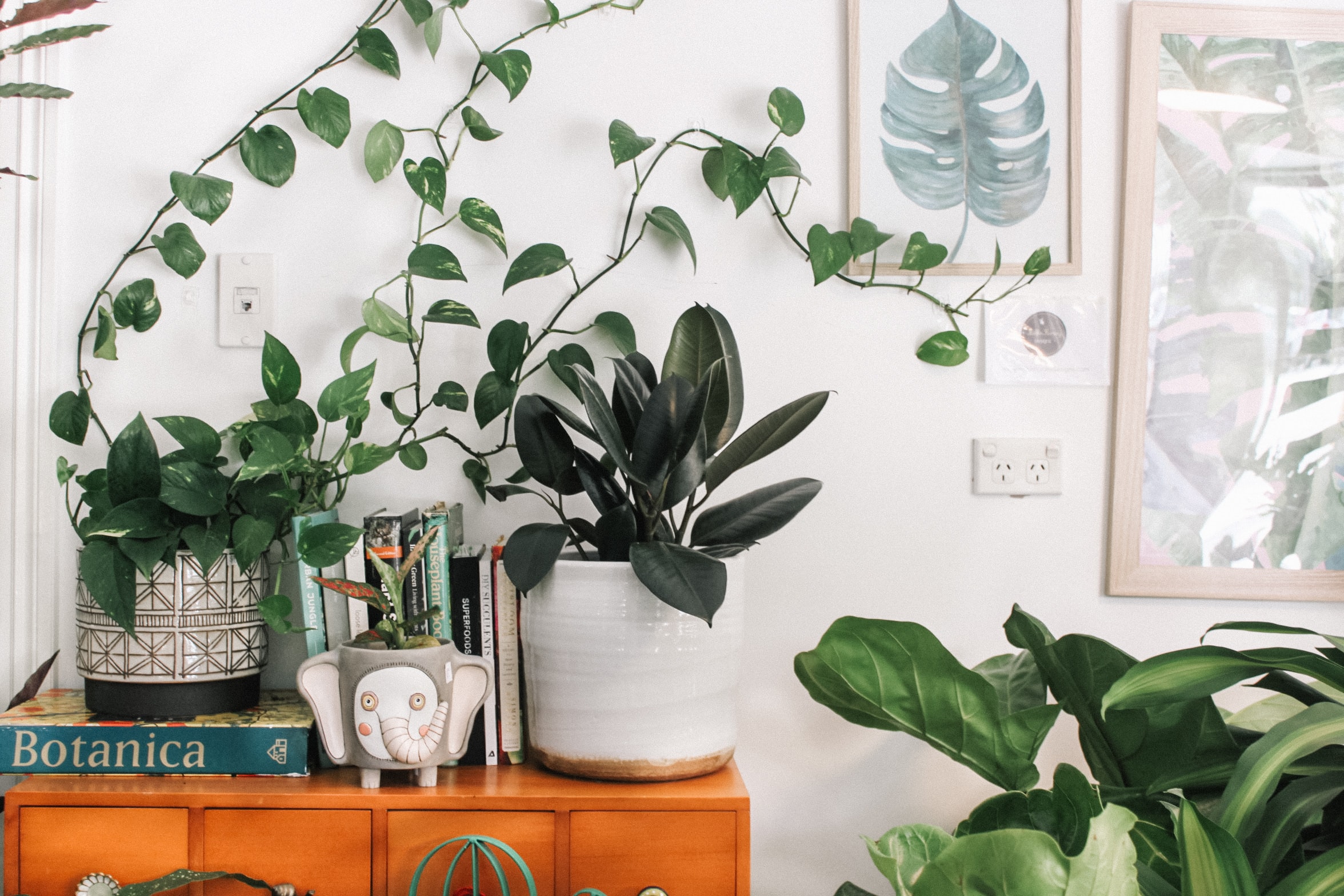We all know that living and being around plants provides positive benefits such as reducing stress levels, increasing memory and attentiveness, and lowering anxiety. But did you know? Plants are the ultimate healer and an excellent therapeutic tool. Our friends at Operation Happy Nurse just wrapped up their latest season of “Happy Hour With Operation Happy Nurse” where they dove into the world of all things plants and mental health – keep reading to learn more about what they discovered.
What is Horticultural Therapy?
The American Horticultural Therapy Association defines horticultural therapy as the participation in horticultural activities facilitated by a registered horticultural therapist to achieve specific goals within an established treatment, rehabilitation, or vocational plan.
Horticultural therapy is an age-old practice beginning in the 19th century with Dr. Benjamin Rush, a signer of the Declaration of Independence. Rush documented the beneficial impacts that working in the garden had on individuals with mental illness. Not until the 1940s and 1950s did it become put to practice in rehabilitative centers for hospitalized war veterans. Today, horticultural therapy is widely accepted to treat illnesses, enhance the quality of life, teach skills, and enhance behaviors.
Schools, nursing homes, rehabilitation centers, and other institutions utilize horticultural therapy for different therapeutic needs. There are three types of schooling: vocational, therapeutic, and social.
Working with plants provides a sense of therapy, but also people can gain a sense of independence, accomplishment, autonomy, and productivity. And horticultural therapy provides a number of benefits such as improving memory, cognitive abilities, language skills, socialization, and more.
Stress can surface in so many avenues of a travel nurse’s job and personal life. It is hard to find time to decompress and focus on ourselves, especially during these unprecedented times. Trying to improve yourself with horticultural therapy can be as simple as starting a small herb garden in your home or visiting a communal garden in your neighborhood. You can even make it a goal to visit local gardens on your different placements. The garden becomes a safe space where you can cultivate the plants – and conclusively yourself.

Dive into the World of Horticultural Therapy
If you want to learn more about horticultural therapy listen to the podcast “Happy Hour With Operation Happy Nurse.” Hosts, Shannon and Joe, take a deep dive into professionals’ experiences using plants as a therapy and stress reliever. They get into the benefits they noticed walking, smelling, seeing, and interacting in the gardens.
In one segment, they interview Professor Emerita who works in the Department of Architecture and Landscape Architecture at the University of California, Berkeley. Clare is also the Principal of Healing Landscapes, a consulting firm that specializes in researching the effectiveness of restorative landscapes in healthcare settings, and she is internationally recognized for her pioneering research on the psychological and sociological aspects of architecture, land-use planning, and landscape design – particularly urban open space.
Listen wherever you get your podcasts!
Ready to uproot yourself? Check out our open Travel Nursing placements to get started on your next adventure.




